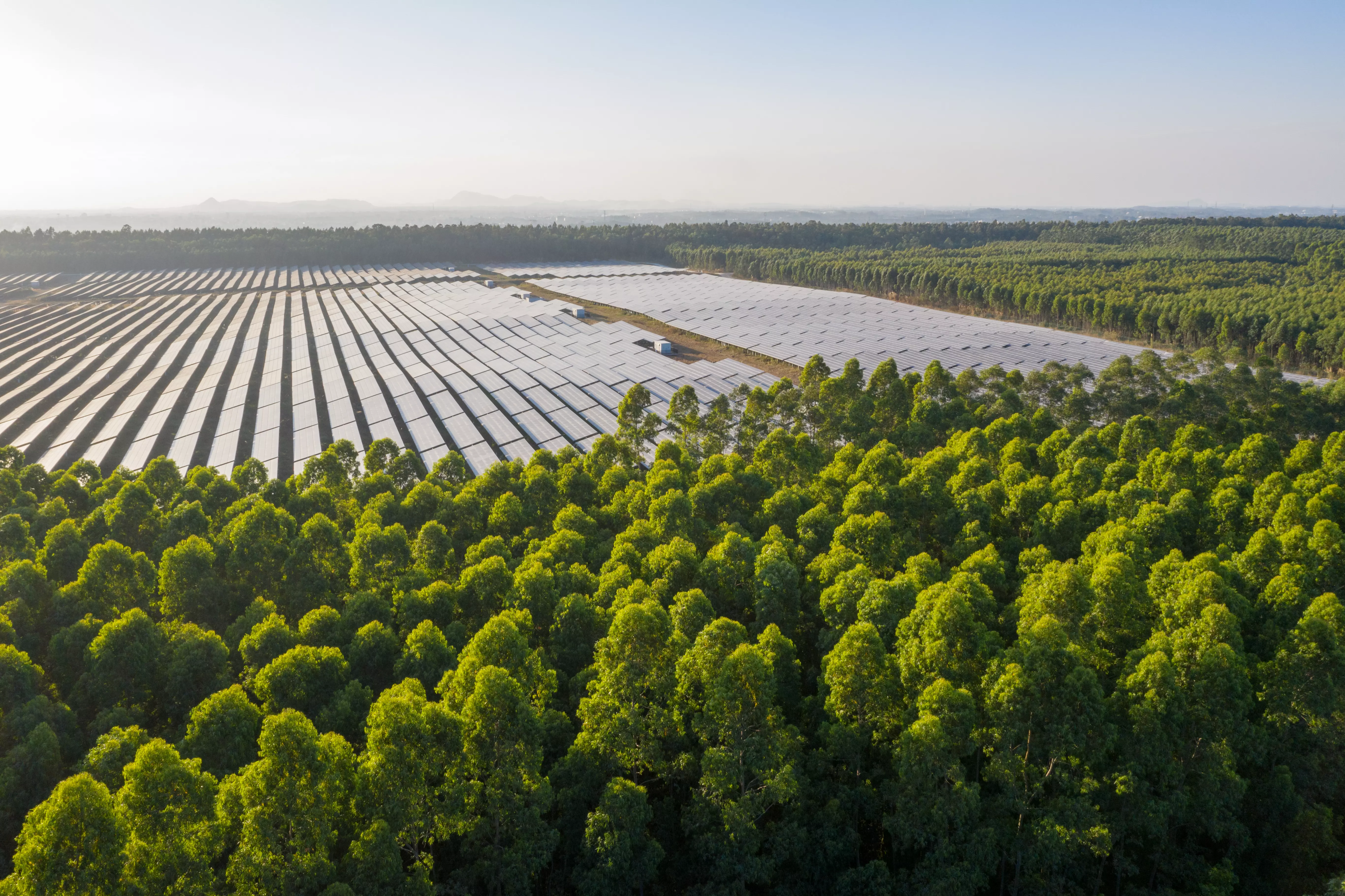Sustainability through green infrastructure in New Jersey
New Jersey, also known as The Garden State, is gaining popularity as an example of sustainability success through its green infrastructure. With investments in renewable energy, sustainable construction and environmental protection, the state is setting an example for other regions seeking to achieve sustainable economic growth. Here are some of the key steps New Jersey is taking to promote green infrastructure and achieve sustainable development.
Investment in renewable energy sources
New Jersey is placing a strong emphasis on developing renewable energy sources to meet its energy needs. The state is a leader in the use of solar and wind energy, which helps reduce greenhouse gas emissions and air pollution. The state government offers various incentives, such as tax credits and subsidies, to support investment in solar and wind installations. Through these measures, New Jersey is achieving increasing energy independence and reducing its dependence on fossil fuels. 
Solar energy is one of the most important sources of renewable energy in New Jersey. The state government is developing financing and incentive programs that allow residents and businesses to install solar panels on their buildings. This is making the state increasingly energy independent and reducing its electricity costs.
Wind energy also plays a key role in New Jersey's sustainability. The state has many wind farms that contribute to green infrastructure and provide clean energy. The state government is investing in wind energy development, creating jobs and helping to reduce carbon emissions.
Sustainable construction
New Jersey is also a leader in sustainable construction, which aims to minimize the environmental impact of the building process. The state is promoting the use of materials with a low carbon footprint, such as brick, sustainable wood and recycled materials. In addition, the state government is introducing energy efficiency regulations that require minimizing energy consumption in buildings and using renewable energy. These measures help reduce carbon emissions and lower energy bills.
LEED (Leadership in Energy and Environmental Design) certification is one of the more important tools that support sustainable construction in New Jersey. LEED certification sets environmental standards for buildings and infrastructure, promoting the use of renewable energy sources, reducing water consumption and minimizing environmental impact. Many developers and property owners in New Jersey are pursuing LEED certification to gain recognition for their sustainable building practices.
Environmental protection and green spaces
New Jersey is also taking steps to protect its nature and promote green spaces for residents and tourists. The state is investing in the protection of natural areas, such as national parks, nature preserves and bike paths. This gives residents easy access to nature, which contributes to a better quality of life and encourages outdoor activities.
The state government also supports tree planting and green development in urban areas to improve air quality and reduce the effects of urbanization. Initiatives such as Planting a Billion Trees aim to increase the number of trees in the city and create green benefits for communities. Green spaces such as parks, gardens and boulevards provide recreational space, enhance the city's aesthetics and contribute to environmental protection.
Summary
New Jersey is a great example of how green infrastructure can contribute to sustainable development. By investing in renewable energy, sustainable construction and environmental protection, the state is achieving increasing energy independence, reducing greenhouse gas emissions and providing its residents with clean air and access to nature. Initiatives such as LEED certification, the Planting of a Billion Trees and the development of urban green space are crucial to New Jersey's continued sustainability.
Through these efforts, New Jersey is becoming a rolmodel for other regions that are also pursuing sustainability. Investing in green infrastructure is not only an investment in the future, but also a way to improve the quality of life and protect our planet.
Add comment